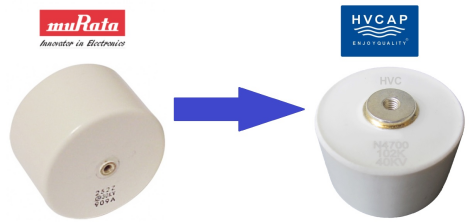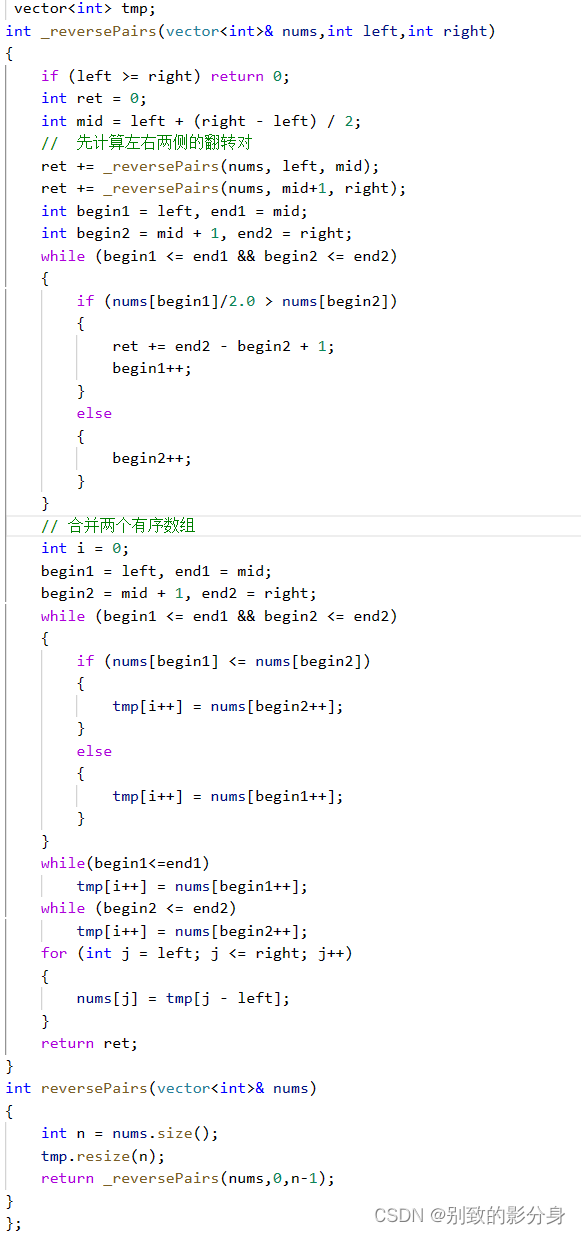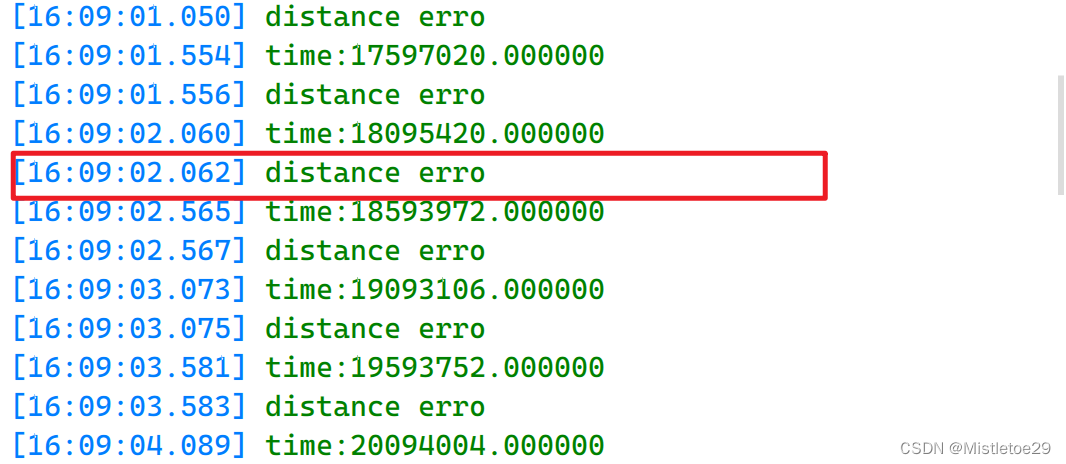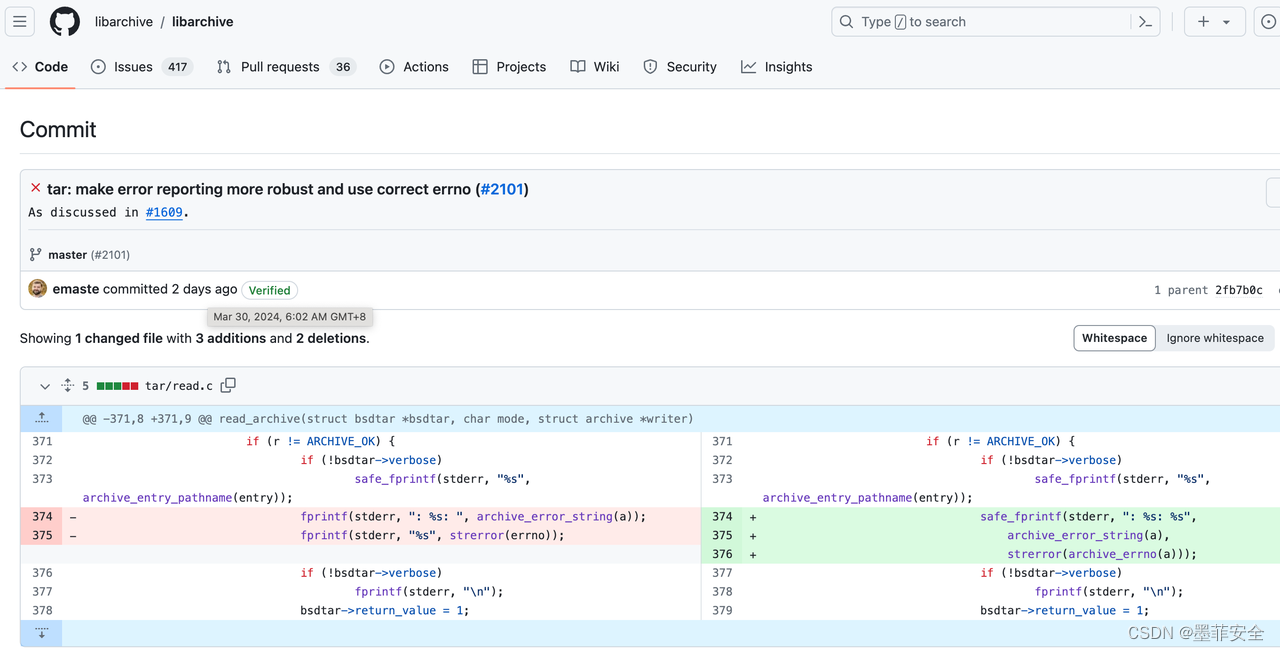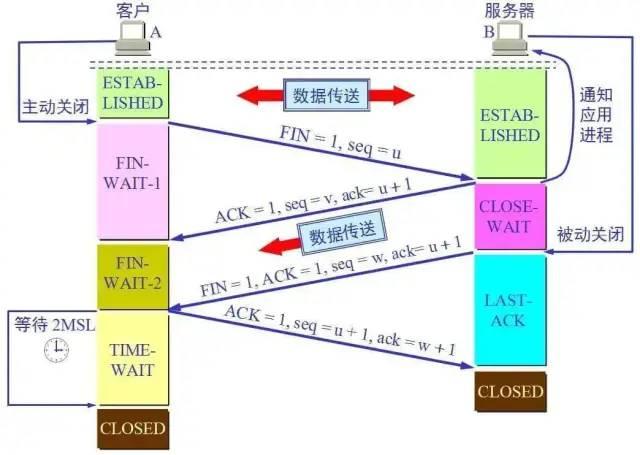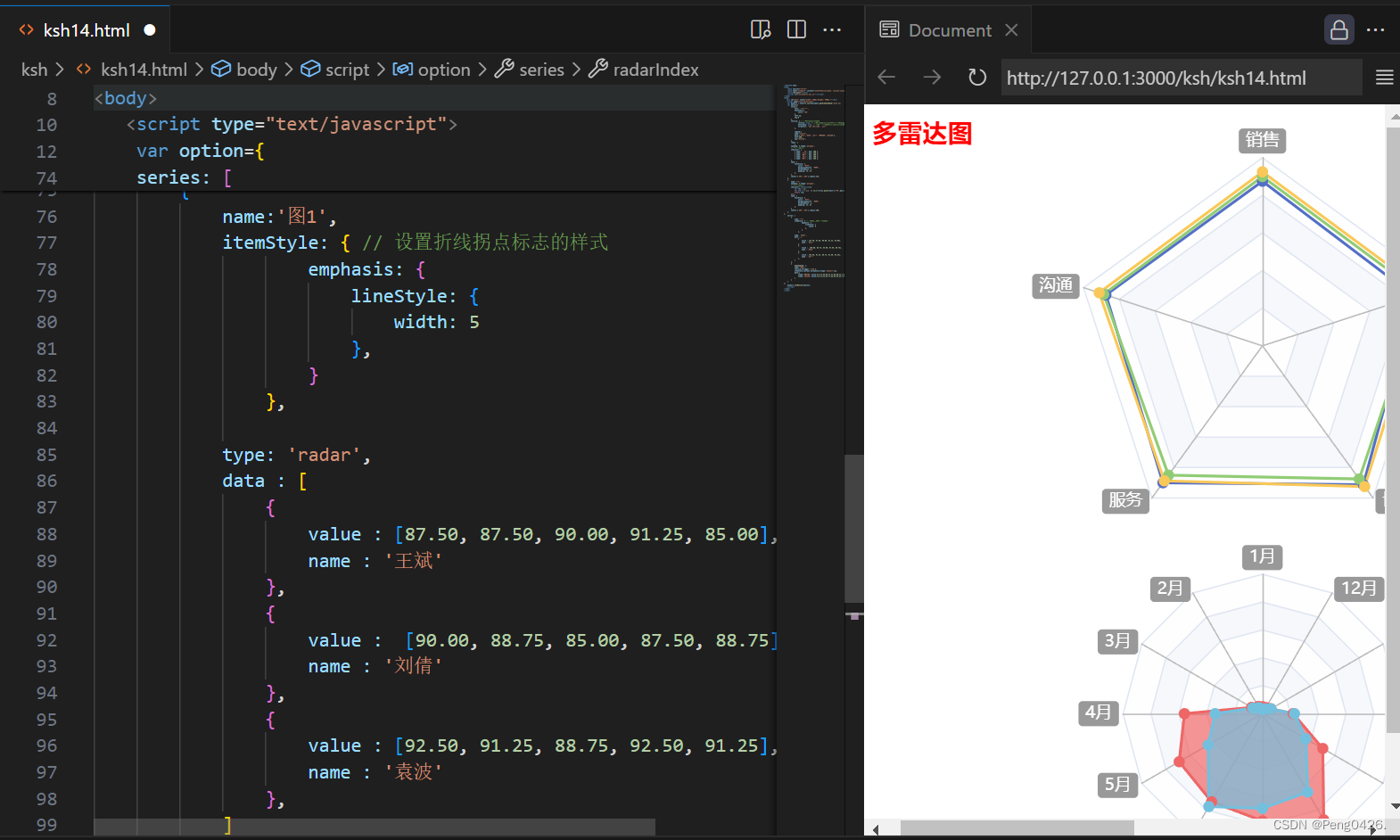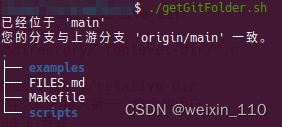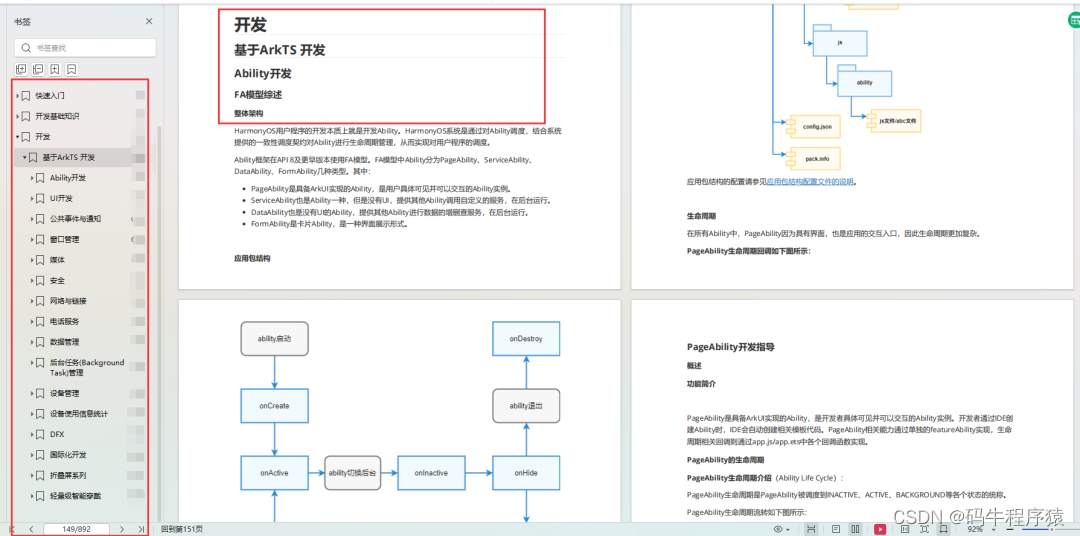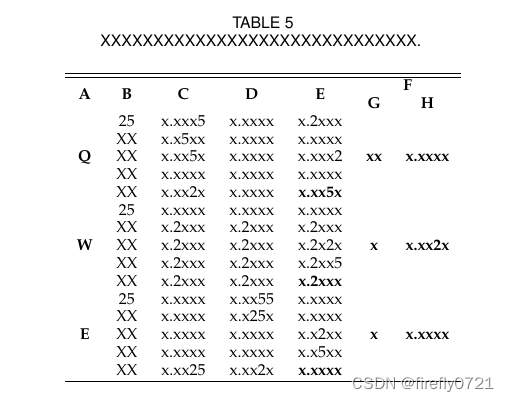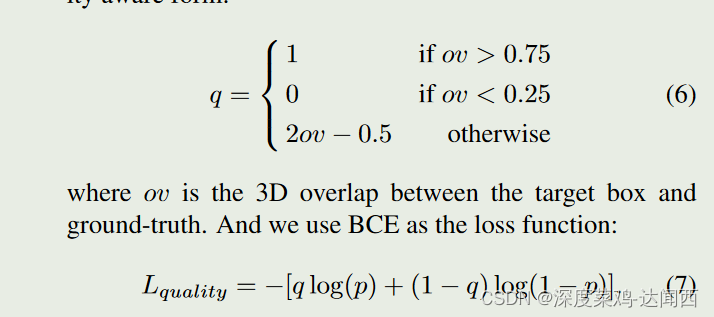使用异步并发可以解决单次I/O任务阻塞的问题,但是如果遇到I/O密集型任务,同样会阻塞线程中其它任务的执行,这时需要使用多线程并发能力来进行解决。
I/O密集型任务的性能重点通常不在于CPU的处理能力,而在于I/O操作的速度和效率。这种任务通常需要频繁地进行磁盘读写、网络通信等操作。此处以频繁读写系统文件来模拟I/O密集型并发任务的处理。
- 定义并发函数,内部密集调用I/O能力。
// a.ts
import fs from '@ohos.file.fs';
// 定义并发函数,内部密集调用I/O能力
// 写入文件的实现
export async function write(data: string, filePath: string): Promise<void> {
let file: fs.File = await fs.open(filePath, fs.OpenMode.READ_WRITE);
await fs.write(file.fd, data);
fs.close(file);
}
import { write } from './a'
import { BusinessError } from '@ohos.base';
@Concurrent
async function concurrentTest(fileList: string[]): Promise<boolean> {
// 循环写文件操作
for (let i: number = 0; i < fileList.length; i++) {
write('Hello World!', fileList[i]).then(() => {
console.info(`Succeeded in writing the file. FileList: ${fileList[i]}`);
}).catch((err: BusinessError) => {
console.error(`Failed to write the file. Code is ${err.code}, message is ${err.message}`)
return false;
})
}
return true;
}
- 使用TaskPool执行包含密集I/O的并发函数:通过调用 execute() 方法执行任务,并在回调中进行调度结果处理。
import taskpool from '@ohos.taskpool';
let filePath1: string = "path1"; // 应用文件路径
let filePath2: string = "path2";
// 使用TaskPool执行包含密集I/O的并发函数
// 数组较大时,I/O密集型任务任务分发也会抢占主线程,需要使用多线程能力
taskpool.execute(concurrentTest, [filePath1, filePath2]).then(() => {
// 调度结果处理
})
为了能让大家更好的学习鸿蒙(HarmonyOS NEXT)开发技术,这边特意整理了《鸿蒙开发学习手册》(共计890页),希望对大家有所帮助:https://qr21.cn/FV7h05
《鸿蒙开发学习手册》:
如何快速入门:https://qr21.cn/FV7h05
- 基本概念
- 构建第一个ArkTS应用
- ……

开发基础知识:https://qr21.cn/FV7h05
- 应用基础知识
- 配置文件
- 应用数据管理
- 应用安全管理
- 应用隐私保护
- 三方应用调用管控机制
- 资源分类与访问
- 学习ArkTS语言
- ……

基于ArkTS 开发:https://qr21.cn/FV7h05
- Ability开发
- UI开发
- 公共事件与通知
- 窗口管理
- 媒体
- 安全
- 网络与链接
- 电话服务
- 数据管理
- 后台任务(Background Task)管理
- 设备管理
- 设备使用信息统计
- DFX
- 国际化开发
- 折叠屏系列
- ……

鸿蒙开发面试真题(含参考答案):https://qr18.cn/F781PH

鸿蒙开发面试大盘集篇(共计319页):https://qr18.cn/F781PH
1.项目开发必备面试题
2.性能优化方向
3.架构方向
4.鸿蒙开发系统底层方向
5.鸿蒙音视频开发方向
6.鸿蒙车载开发方向
7.鸿蒙南向开发方向

